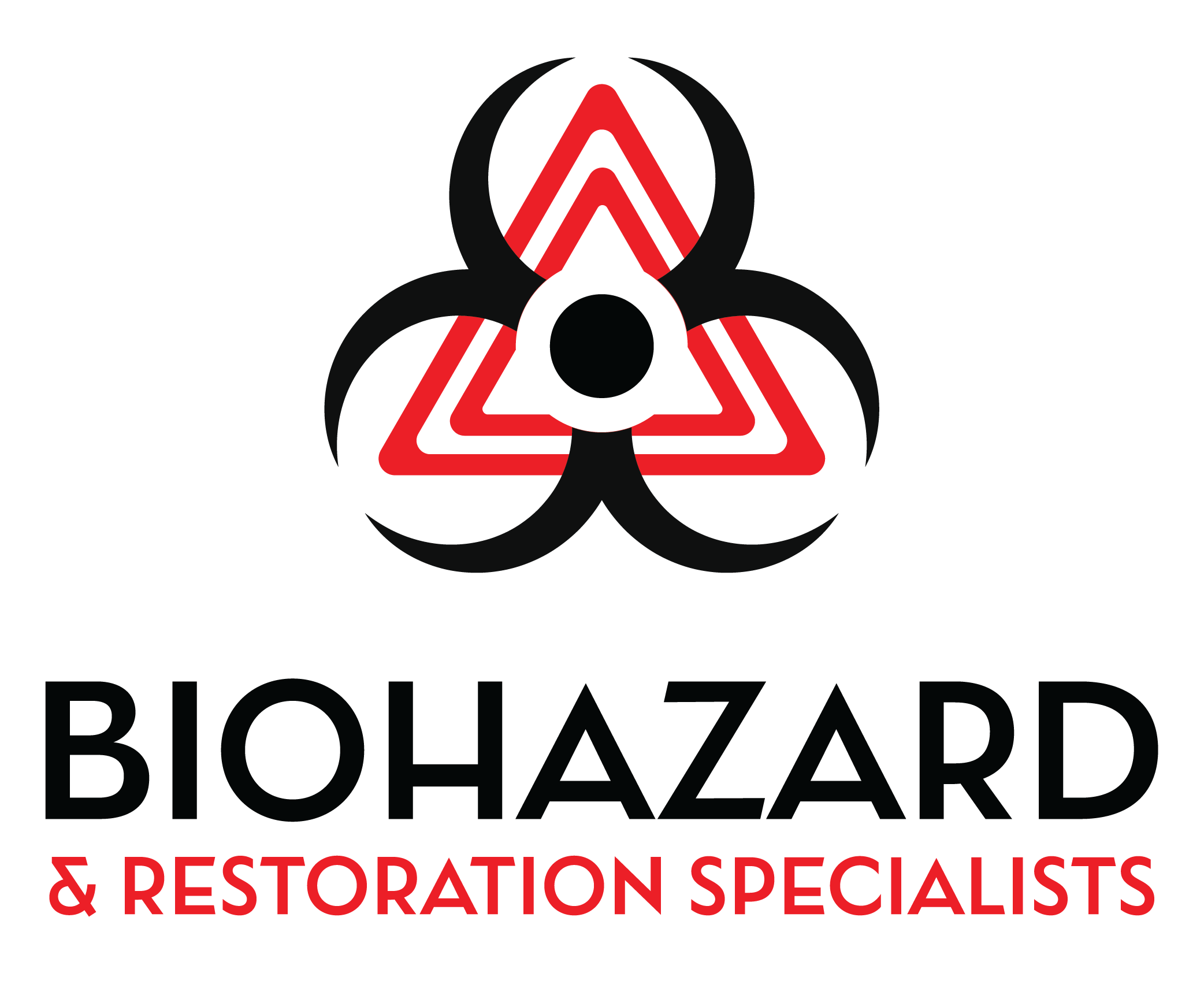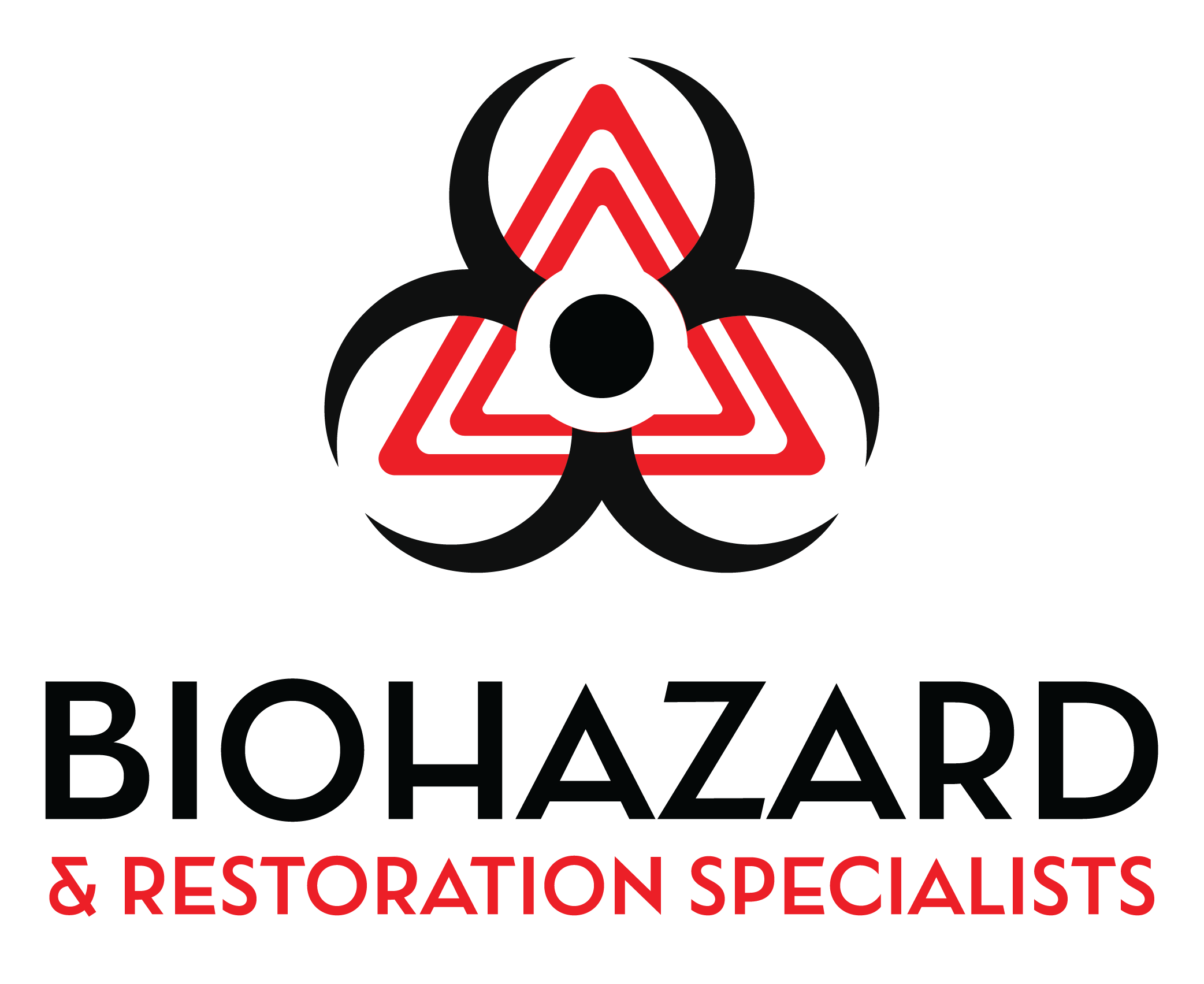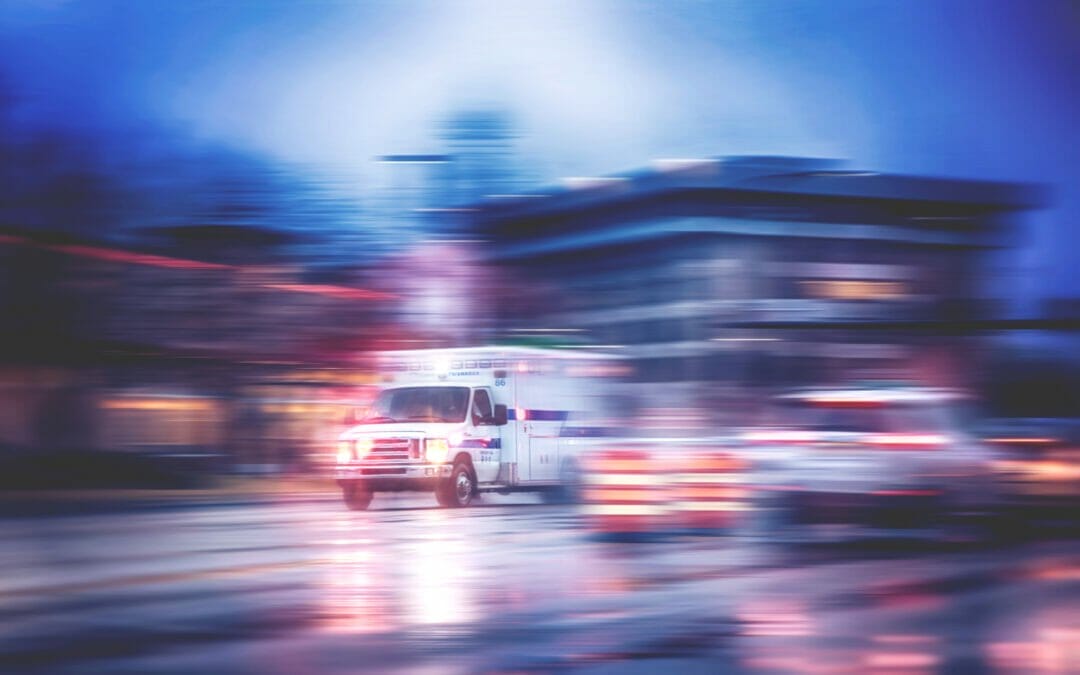The Need for Specialized Cleaning
Emergency vehicles such as ambulances, police cars, and fire trucks are critical in providing prompt responses to crises. However, these vehicles can become contaminated with blood, bodily fluids, and other biohazards during their service. Biohazard & Restoration Specialists in Utah recognize the importance of maintaining a clean, safe, and hygienic environment inside these vital vehicles.
The Risks Associated with Contaminated Emergency Vehicles
Emergency vehicles are at high risk of becoming contaminated due to their exposure to various biohazardous situations. This contamination poses significant health risks to first responders and subsequent patients if not thoroughly cleaned and disinfected.
1. Types of Contaminants
- Bloodborne pathogens like HIV, Hepatitis B, and Hepatitis C.
- Other bodily fluids and tissues.
- Chemicals and drug residues.
2. Implications for Health and Safety
- The potential spread of infections and diseases.
- Risk of cross-contamination to other patients and responders.
Strategies for Effective Decontamination
1. Assessment and Immediate Response
- Quick evaluation of the contamination extent.
- Immediate action to minimize health risks.
2. Comprehensive Cleaning and Disinfection
- Thorough cleaning to remove all traces of contamination.
- Using EPA-approved disinfectants to ensure a high level of sanitation.
3. Ensuring Compliance and Safety
- Adhering to OSHA and other health guidelines.
- Regular training and updates for the cleaning crew on the latest safety protocols.
Technological Advances in Emergency Vehicle Decontamination
The use of advanced technologies and methods ensures thorough cleaning and safety:
- Specialized cleaning agents and equipment.
- Ultraviolet (UV) light sanitization methods.
- Innovations in protective gear for the cleanup crew.
Case Studies and Impact
Showcasing specific instances where Biohazard & Restoration Specialists have successfully decontaminated emergency vehicles can illustrate the effectiveness of their methods and the positive impact on community safety.
The Importance of Regular Maintenance and Cleanup
Regular and systematic decontamination of emergency vehicles is not just a reactive measure, but a crucial preventive strategy to maintain health and safety standards. Biohazard & Restoration Specialists advocate for frequent, scheduled cleanings to ensure ongoing protection.
Conclusion: Upholding Safety Standards
Ensuring the cleanliness and safety of emergency vehicles is vital to the health and well-being of first responders and the community. Biohazard & Restoration Specialists provide expert cleaning services, ensuring that these vehicles are safe, hygienic, and ready to serve the community effectively. For more information or to schedule a cleaning, [Contact Information] can provide swift and professional assistance.


